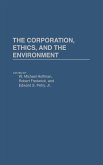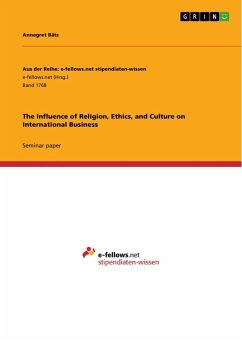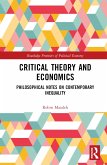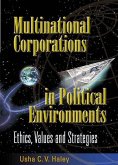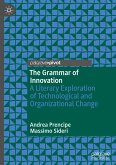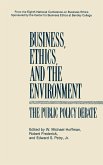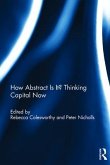The virtual suppression of explicit ethical and evaluative discourse by current literary theory can be seen as the triumph of one post-Enlightenment tradition over others vital to a full account of humanity and literary value. In this book David Parker brings together recent developments in moral philosophy and literary theory. He questions many currently influential movements in literary criticism, showing that their silences about ethics are as damaging as the political silences of Leavisism and New Criticism in the 1950s and 1960s. He goes on to examine Middlemarch, Anna Karenina and three novels by D. H. Lawrence, and explores the consequences for major literary works of the suppression of either the Judeo-Christian or the Romantic-expressivist ethical traditions. Overall, this book is an essay in a new evaluative discourse, the implications of which go far beyond the particular works it analyses.
Table of contents:
Part I. The Ethical Unconscious: 1. Evaluative discourse: the return of the repressed; 2. A new turn toward the ethical; 3. The judgmental unconscious; 4. The libidinal unconscious; 5. Dynamic interrelatedness: or, the novel walking away with the nail; Part II. Social Beings and Innocents: 6. 'Bound in Charity': Middlemarch; 7. Forgetting and disorientation in Anna Karenina; 8. Two ideas of innocence in The White Peacock; 9. Into the ideological unknown: Women in Love; 10. Lawrence and Lady Chatterley: the teller and the tale; Part III. Towards a New Evaluative Discourse: Bibliography, Index.
The virtual suppression of ethical and evaluative discourse by current literary theory is here shown to be as damaging as the political silences of earlier literary critics. Through theoretical analysis, and detailed examination of major literary texts, David Parker explores the consequences for literature of the suppression of ethical traditions.
An exploration of the consequences for literature of the suppression of ethical traditions.
Hinweis: Dieser Artikel kann nur an eine deutsche Lieferadresse ausgeliefert werden.
Table of contents:
Part I. The Ethical Unconscious: 1. Evaluative discourse: the return of the repressed; 2. A new turn toward the ethical; 3. The judgmental unconscious; 4. The libidinal unconscious; 5. Dynamic interrelatedness: or, the novel walking away with the nail; Part II. Social Beings and Innocents: 6. 'Bound in Charity': Middlemarch; 7. Forgetting and disorientation in Anna Karenina; 8. Two ideas of innocence in The White Peacock; 9. Into the ideological unknown: Women in Love; 10. Lawrence and Lady Chatterley: the teller and the tale; Part III. Towards a New Evaluative Discourse: Bibliography, Index.
The virtual suppression of ethical and evaluative discourse by current literary theory is here shown to be as damaging as the political silences of earlier literary critics. Through theoretical analysis, and detailed examination of major literary texts, David Parker explores the consequences for literature of the suppression of ethical traditions.
An exploration of the consequences for literature of the suppression of ethical traditions.
Hinweis: Dieser Artikel kann nur an eine deutsche Lieferadresse ausgeliefert werden.


